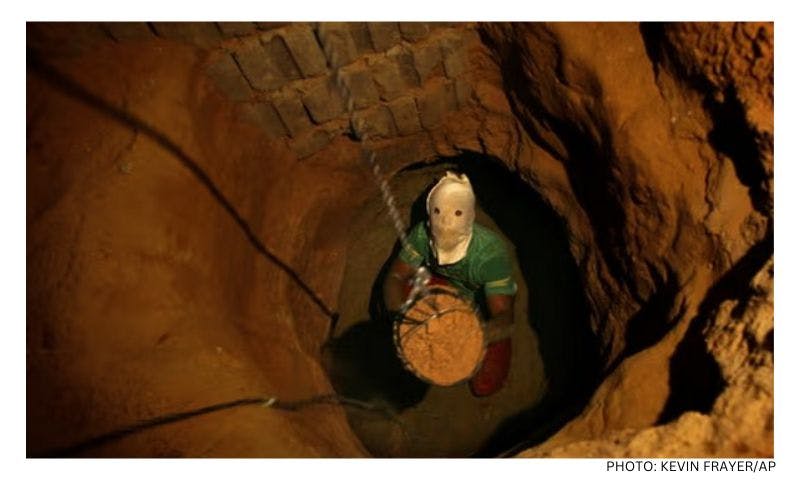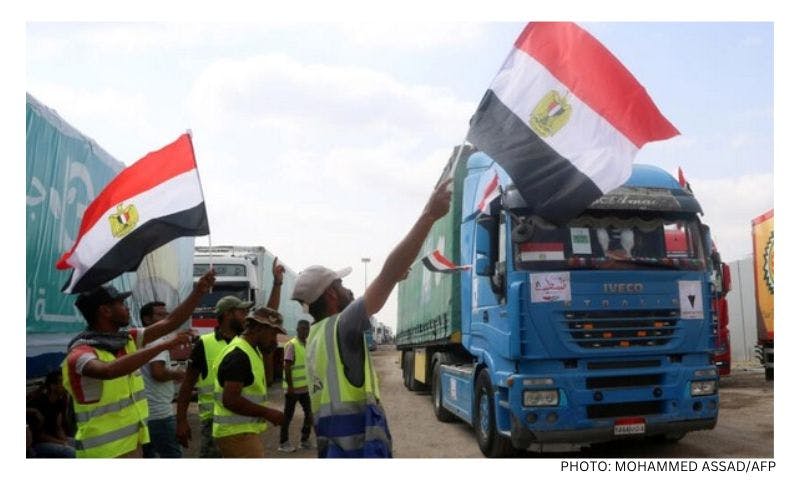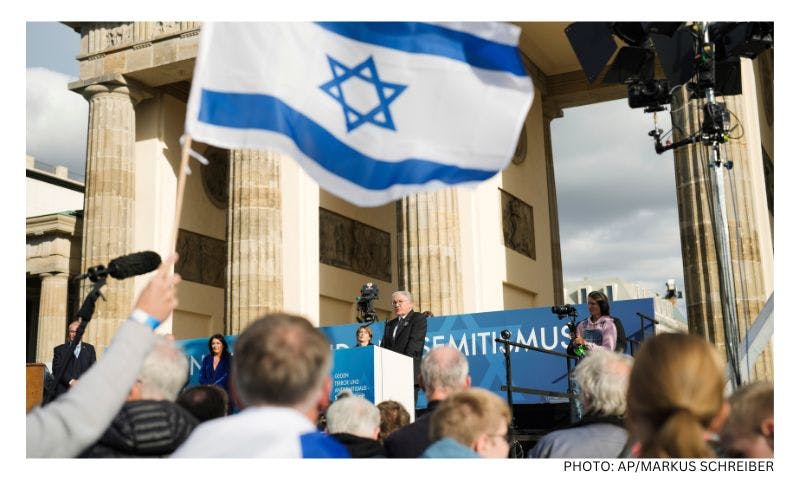Published: 23 May 2018
Last updated: 4 March 2024
THE SOCCEROOS' EXPLOITS at the 2006 World Cup in Germany captured the hearts of the nation and it gave Frank Lowy and his board at the Football Federation of Australia (FFA) the impetus to drive the game forward. While the recruitment of Dutch coach Guus Hiddink and the Socceroos’ achievements in Germany had seemed like that critical force to propel the game upwards, there was another move early during Lowy’s tenure that was far more important for the future of Australian soccer - move Australia out of the soccer backwater that was the Oceania Confederation and into Asia.
Just like the Hiddink appointment, it would take a man of Lowy’s influence to finalise. “I approached the then FIFA president Sepp Blatter and he said there’s a congress in China and I should go to and meet the relevant people. I sent John O’Neill and he made the first steps. I then met the Qatari president [of the Asian Football Federation] Mohamed bin Hammam, and we became friends. He wanted to bring Asian football to a higher level and he thought Australian football could help that.
“I grabbed that chance with both hands and from there all the machinations were done by FIFA. Bin Hammam was a big supporter and we became good friends – a Qatari Arab and a Hungarian Jew – we talked about politics a lot, but we became quite friendly. It was a very emotional time when they formally admitted Australia and I went up to the podium and raised the Australian flag because it was in the national interest, not just the football side.”
The transfer meant that Lowy, a vocal and generous financial supporter of Israel, would be entering a political minefield – competing with and rubbing shoulders against the Arab nations that detested the existence of the Jewish homeland.
Amazingly, this never became a major problem. “There was no tension with the other leaders except the Palestinian representative. He was on the committee of the Fatah organisation and they attempted to bar Israel from FIFA, which I didn’t agree with, but apart from that issue, I had no feeling that the other members envied me because I was a Jew. On the field, we were enemies for 90 minutes but other than that, I always felt comfortable in that arena, surprisingly so.”
It was that experience that acted as a precursor to undoubtedly the biggest setback of Lowy’s tenure and one of the most significant unfulfilled deals of his working life – the failed bid for the 2022 World Cup finals.
Some $46 million of federal government money was invested, with million-dollar contracts going out to consultants, including Hungarian Peter Hargitay, who is alleged to have taken that cash and then undermined Australia’s bid by acting as an agent for the eventual winners, Qatar.
It was a victory for FIFA corruption, and while Lowy’s bid was accused of also entering FIFA’s dirty world, he denies all claims. But the pain that defeat caused him is not something he shies away from. “If I hadn’t gone for the World Cup bid, life would have been a lot easier but the temptation was just too big for me not to try.
“Maybe I was over-ambitious, but FIFA was so crooked, and I made a vow not to get caught up in corruption and that process, as it will come back to bite you, and even though there’s been plenty of innuendo that we were – [but] we were not and we’ve been cleared of that. How could I compete with the leader of Qatar and the French President [Nicolas Sarkozy] getting together and making a big deal? Things like that were just unbelievable, the corruption that FIFA was involved in.”
Still, the show would go on and Australia would remain successful on the pitch even if the major off-field venture fell short.
[gallery columns="1" size="large" ids="19921"]
“I have a principle in public positions; I give of myself, but I don’t put money in as the influence is too strong in my favour and it sets a terrible precedent for whoever the successor may be.”
Despite some hiccups, the A-League steadily grew season by season and the Socceroos would maintain their place on the World Cup stage with qualification for both South Africa in 2010 and Brazil in 2014.
And when the big calls had to be made, Lowy was there to make them, such as the sacking of German coach Holger Osieck before the 2014 World Cup, following back-to-back 6-0 thumpings at the hands of Brazil and France.
“With Holger, we had some doubts about him during qualifying; the team wasn’t performing and after those two heavy losses we decided to make the change. We wanted an Australian coach and, as it happened, Ange Postecoglou was number one, two, three, four and five on our list.”
There are some who say Lowy meddled too much and that he made life difficult for his senior managers by becoming involved in every decision.
“It isn’t a fair appraisal that I meddled. If I’m the chairman, I have the responsibility and the buck stops with me, particularly in sport where things aren’t so black and white. In the commercial world people can take care of the job; in Australian football at the time when I took it over there was no one there. It had to be built from scratch. I didn’t tell the coach who to pick but we had no money and yes, I was involved.”
And yet there are others who say he should have meddled more; that he should have dipped into his own very deep pockets and lent some of his vast wealth to help the game compete financially with the likes of the AFL.
“I have a principle in public positions; I don’t put money in, I put myself in. Because I don’t want to stay there for financial reasons and I want to be in by merit. Also, that leads to corruption and power corrupts. So, in principle I didn’t do that. I give of myself, but I don’t put money in as the influence is too strong in my favour and it sets a terrible precedent for whoever the successor may be.”
As it turned out, Lowy’s successor would raise some questions as well. His son Steven, also soccer mad and the joint CEO of Westfield alongside another son, Peter, would take over as chairman in November 2015.
The appointment raised some eyebrows but Lowy senior defends the transparency of the election process. “The scepticism is there but the [election] process was fair and equitable and besides there was nobody else – had there been somebody else there could have been competition but there wasn’t. Football is in Steven’s blood and he has the managerial capacity as well, so it was natural. It was unlucky that he was my son but there was a proper process through a headhunter and a nominations committee that I was not part of.
“The clubs weren’t happy about it but they didn’t even have a nomination, never mind someone who was electable. He was the only person ready to do it and I supported him, and he wanted to make a contribution to the game. The criticism was unfounded.”
But that criticism never ceased and neither did the pressure.
“Steven is handling [the FIFA intervention] the best way he can. I would have handled it differently but maybe I would have had the same result.”
The FFA board, now headed by his son, was attacked by the A-League club owners who felt they deserved a greater representation on the board. In particular, the owners sought to reap profits from a game they believed they were playing a big role in propping up.
An inability to resolve the issue prompted FIFA intervention – ironic for an organisation riddled with corruption in the past. “These troublemakers saw an opportunity with Steven; the tide has changed for him and they have bottled up their frustration and burst on him, which has been difficult for him. He’s handling it the best way he can. I would have handled it differently but maybe I would have had the same result. The clubs are very, very desperate for more money.”
For Sir Frank Lowy, these events, in the twilight of his life, remind him of those from when he was still forging his formidable reputation, with personal interests acting as a potential threat to the greater good of the game.
Nevertheless, he is adamant about his vision for the game in Australia. “If the structure remains and it is run by independent people who look out only for the advantage of the game, I know we can compete with rugby league in New South Wales. We already left rugby union behind. You can’t topple the AFL, but I think we can be a strong number two football code nationally.”
Lowy’s contribution to that cause cannot be understated. He took a sport that was regarded as Australia’s sleeping giant, woke it up with one almighty alarm clock and then oversaw its greatest ever period. He made it a code that every Australian can support.
“I established football as a mainstream sport in Australia and I don’t think that can be spoiled.”
This is an edited extract from an interview with Daniel Garb in a chapter in People of the Boot: The Triumphs and Tragedies of Australian Jews in Sport, edited by Ashley Browne and Dashiel Lawrence, published by Hybrid Publishers
BUY THE BOOK




